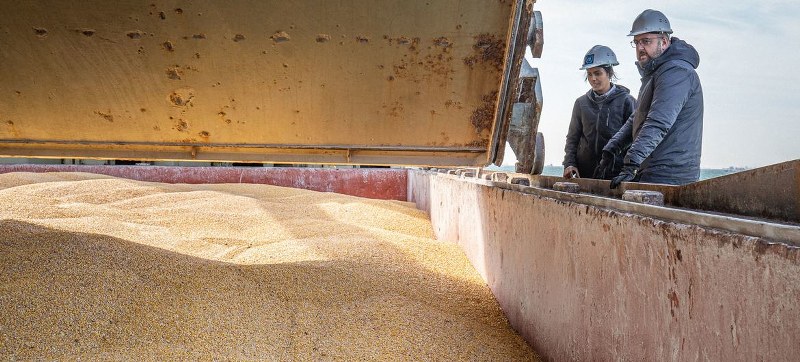 Food Crisis
Food Crisis FAO says Black Sea deal collapse sparks rise in global food prices
Global food prices rose for the first time in months following the collapse of the landmark agreement to ship grain from war-torn Ukraine to the rest of the world, the Food and Agriculture Organization (FAO) said on Friday.
The UN agency has issued its latest Food Price Index (FPI), which tracks the monthly international prices of cereals, vegetable oil, dairy, meat and sugar.
The Index averaged 123.9 points in July, up 1.3 per cent from June, driven by an increase in vegetable oil and rice prices.
End of a lifeline
FAO’s Vegetable Oil Price Index registered a 12.1 per cent jump in July after seven months of consecutive declines.
Sunflower oil prices rebounded by 15 per cent due to uncertainties sparked by Russia’s decision to pull out of the Black Sea Initiative on grain and fertilizer exports.
The UN-brokered deal, together with a parallel accord between the UN and Russia, provided a lifeline for hundreds of millions worldwide facing hunger and spiralling food costs, including in countries such as Afghanistan and Ethiopia.
Wheat prices rise
The Cereal Price Index declined by 0.5 per cent in June. This was largely the result of two factors: a nearly five per cent drop in coarse grain quotations due to increased seasonal supplies of maize from Argentina and Brazil, and potentially higher-than-anticipated production in the United States.
However, wheat prices rose for the first time in nine months due to uncertainty over exports from Ukraine and continued dry conditions in North America.
Meanwhile, rice prices increased by 2.8 per cent in July and by almost 20 per cent over the past year after India prohibited exports. FAO warned that the move “raises substantial food security concerns for a large swathe of the world population, especially those that are most poor and who dedicate a larger share of their incomes to purchase food”.
The Sugar Price Index declined by nearly four per cent, the result of good progress in Brazil’s sugarcane harvest, improved rains across most growing areas in India, and subdued demand from Indonesia and China, the world’s top importers.
There was also a 0.4 per cent slide in the Dairy Price Index, which is more than 20 per cent below the July 2022 value. Similarly, meat prices dropped 0.3 per cent since June.
Support Our Journalism
We cannot do without you.. your contribution supports unbiased journalism
IBNS is not driven by any ism- not wokeism, not racism, not skewed secularism, not hyper right-wing or left liberal ideals, nor by any hardline religious beliefs or hyper nationalism. We want to serve you good old objective news, as they are. We do not judge or preach. We let people decide for themselves. We only try to present factual and well-sourced news.







